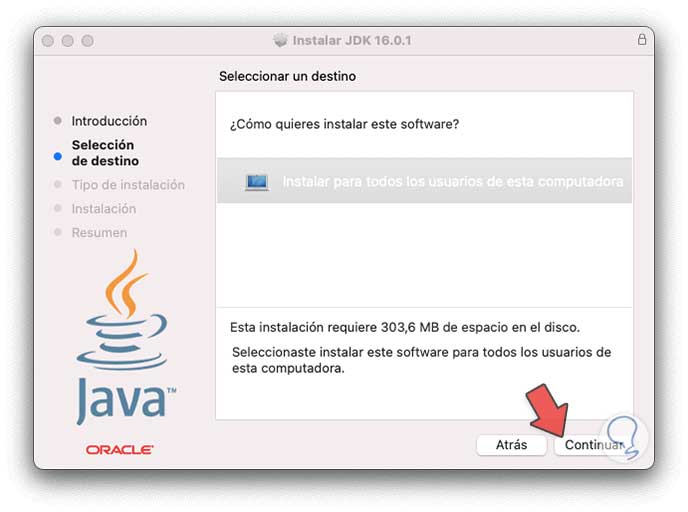

If you want JAVA_HOME to be set for every user on the system by default, add the previous line to the /etc/environment file. If the java executable is located at /usr/java/jdk1.8.0_161/jre/bin/java, you could set your JAVA_HOME environment variable in a bash shell or script like so: export JAVA_HOME=/usr/lib/jvm/java-1.8.0-openjdk/jre Numerous Java applications use the JAVA_HOME or JRE_HOME environment variables to determine which java executable to use. To show the programs that provide the java command that is managed by alternatives, issue the command below: sudo alternatives -config javaįrom the above, it asks you Enter to keep the current selection, or type selection number: to select another version. The alternatives command, which manages default commands through symbolic links, can be used to select the default Java command. the one that will run when a user runs the java command as some applications require certain environment variables to be set to locate which installation of Java to use. To check the version of Java that is currently set as the default, issue the command below: java -versionįrom the above, we installed multiple versions of Java on our system.
INSTALAR JDK 6 INSTALL
Install OpenJDK 6 JDK: To install OpenJDK 6 JDK using CentOS's package manager, yum by running these commands: sudo yum install java-1.6.0-openjdk-develĪt this stage, you have installed OpenJDK 6 JDK successfully. Install OpenJDK 6 JRE: Install OpenJDK 6 JRE using CentOS's package manager, yum by issuing these commands: sudo yum install java-1.6.0-openjdkĪt this stage, your OpenJDK 6 JRE has been installed.
INSTALAR JDK 6 HOW TO
This section will show you how to install the prebuilt OpenJDK 6 JRE and JDK packages using the yum package manager. Install OpenJDK 7 JDK: To install OpenJDK 7 JDK using CentOS's package manager, yum by running these commands: sudo yum install java-1.7.0-openjdk-develĪt this stage, you have installed OpenJDK 7 JDK successfully. Install OpenJDK 7 JRE: Install OpenJDK 7 JRE using CentOS's package manager, yum by issuing these commands: sudo yum install java-1.7.0-openjdkĪt this stage, your OpenJDK 7 JRE has been installed. This section will show you how to install the prebuilt OpenJDK 7 JRE and JDK packages using the yum package manager. Type y at the prompt to continue the installation.Īt this stage, you have installed OpenJDK 8 JDK successfully.

Install OpenJDK 8 JDK: To install OpenJDK 8 JDK using CentOS's package manager, yum by running these commands: sudo yum install java-1.8.0-openjdk-devel
INSTALAR JDK 6 PASSWORD
Enter the password and type y at the prompt to continue the installation.Īt this stage, your OpenJDK 8 JRE has been installed. Install OpenJDK 8 JRE: Install OpenJDK 8 JRE using CentOS's package manager, yum by issuing these commands: sudo yum install java-1.8.0-openjdkĪs a non-root user, you will be required to enter the password for the account in use. OpenJDK 8 is the latest version of OpenJDK. This section will show you how to install the prebuilt OpenJDK 8 JRE and JDK packages using the yum package manager.
INSTALAR JDK 6 UPDATE
This is done with the command below: sudo yum update It is always recommended that you update the system to the latest packages before beginning any major installations. Once you have signed up, log into your Cloudwafer Client Area and deploy your Cloudwafer cloud server. Take a moment to create an account after which you can easily deploy your own cloud servers. If you have not already registered with Cloudwafer, you should begin by getting signed up. To install Java on Ubuntu 16.04, you can follow the guide here In this guide, we will explain how to install the following variations of Java on a CentOS 7 server: This is an implementation of either one of the Java Platform, Standard Edition, Java Platform, Enterprise Edition, or Java Platform, Micro Edition platforms released by Oracle Corporation in the form of a binary product aimed at Java developers on Solaris, Linux, macOS or Windows. Java is a general-purpose computer programming language that is concurrent, class-based, object-oriented, and specifically designed to have as few implementation dependencies as possible.


 0 kommentar(er)
0 kommentar(er)
